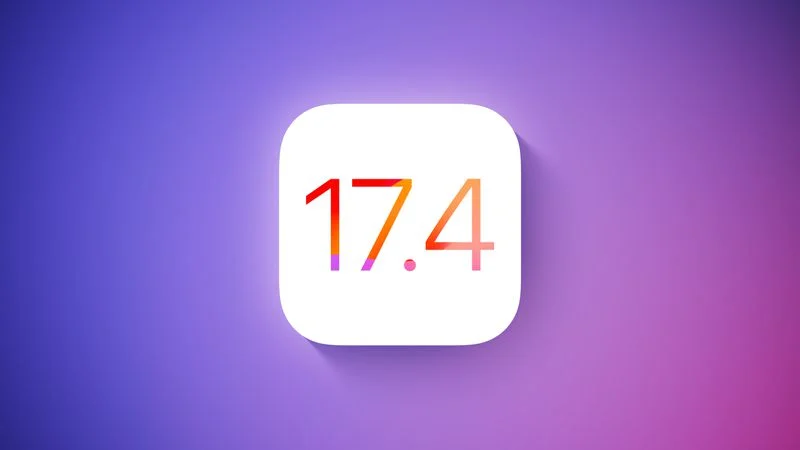Apple disabled most of the functionality of Progressive Web Apps (PWAs) in the European Union with the second beta release of iOS 17.4. There was some speculation that this could be a temporary change or a bug related to some updates to the app ecosystem in Europe, but Apple has confirmed that PWAs were removed on purpose and will not be returning.
In an update on the developers’ website (via 9to5Mac) Apple explains that users in the EU will not be able to access the Home Screen web apps due to support for alternative browser mechanisms and the associated security risks and work required to implement the new solution.
According to Apple, “Home Screen” web apps are built on WebKit and its security architecture and are designed to “fit the privacy and security model of native iOS apps.” System prompts for storage isolation and access to privacy features for each site are critical.
Apple says that without isolation, malicious web applications can read data from other web applications and access the user’s camera, microphone, and location without the user’s permission. To address these security concerns, Apple will need to create a new integration architecture; This is stated to be impractical due to Digital Markets Act requirements and the fact that Home screen web applications are not used by many people.
iOS has traditionally provided support for Home Screen web apps by building directly on WebKit and its security architecture. This integration means Home Screen web apps follow the security and privacy model for native iOS apps, including storage isolation and system prompts to access privacy-sensitive features on a per-site basis.
Without such isolation and enforcement, malicious web applications can read data from other web applications and restore access permissions to a user’s camera, microphone, or location without the user’s permission. Browsers can also install web applications on the system without the user’s knowledge and permission. Addressing the complex security and privacy issues associated with web applications that use alternative browser mechanisms would require an entirely new integration architecture not currently available in iOS and is impractical to implement given the other DMA requirements and very low user adoption of Home screen web applications. Therefore, we had to remove the Home Screen web apps feature in the EU to comply with DMA requirements.
iPhone users in the European Union can access websites directly from the “Home” screen via a bookmark, but PWA features will not be available. Web apps on the “Home Screen” will be forced to open in Safari (or another default browser) instead of in a dedicated window, there will be no support for long-term local storage, and notifications will not work.
Apple says the changes are a direct result of DMA compliance and will only affect a “small number of users.” The company also stated that it regrets the impact of this change on “Home Screen” web app developers and “iPhone” users.
The “Home Screen” web apps update comes alongside many other changes to the App Store in the European Union; Apple allows alternative app marketplaces, alternative payment methods, different browser mechanisms, and more.













